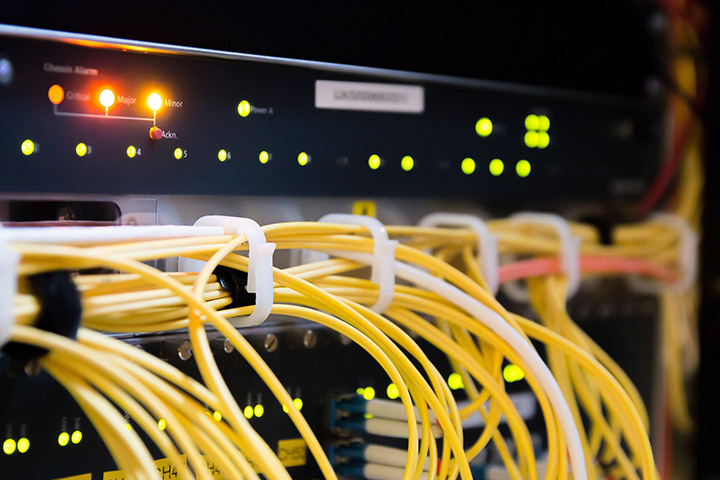
What is proxy IP, how to use proxy IP?
Proxy IP is a technology that transfers data traffic through the server, which allows the user's real IP address to be hidden and replaced with the IP address of the proxy server.
read more
The difference between static IP and rotating IP
The Internet and your network are linked together by Internet Protocol (IP) addresses. There are two types of IP addresses: static IP and rotating IP. This paper studies static IP and rotating IP address
read more
The difference between data center IP and residential IP
The main difference between data center IP and residential IP lies in their use scenarios and distribution methods, the purposes and network conditions they serve, and the bandwidth and delay.
read more
Compare the difference between Socks5 proxy and https proxy!
The choice of Socks5 proxy and HTTPS proxy needs to be decided according to specific needs and usage scenarios, if security is the primary issue
read moreComplete List of Proxy IP Reviews
The list is evaluated by region, type, agency, and you can access it according to the program you need to know!
common problem
Here is a list of all knowledge about static residences, data centers, rotating proxies, residential proxies, mobile 4G proxies and related knowledge and usage plans! The questions listed are some of the frequently asked questions!
What is a static residential proxy?
The scok proxy IP blog collects residential IPs from ISPs and uses them for business purposes rather than private residences. Targeted websites often recognize these IPs as static residential proxy IPs, even though they are actually hosted on servers.
What is a rotating proxy?
You configured automatic IP rotation in the proxy manager, the rotating proxy will give you a new IP address. IP addresses can be rotated based on a predefined period of time (seconds/minutes), after a certain number of requests, or once the used IP is no longer available.
What are the advantages of static proxies?
Static proxies offer many advantages. They perform faster because there is only one "hop" between the requester and the target website. One of the biggest advantages is the option to keep "for life" IP - as long as you need it, it will always be yours。
What are the disadvantages of static proxies?
Static proxies also have some disadvantages. Depending on your requirements, the supply of static IP addresses may not be able to meet all geographical needs of data scraping. Some shopping sites, like Amazon, block static IP addresses that send too many requests.
What are the advantages of rotating proxies?
Rotating proxies have many advantages.
First, switching proxies use IP addresses from millions of homes and mobile devices. This enables geolocation down to the city/state level.
Second, the combination of IP switching plus legitimate IPs from residential/mobile devices makes switching IPs very difficult to detect.
What are the disadvantages of rotating proxies?
There are three main disadvantages of rotating proxies.
Rotating proxies are slower than static proxies. There is an extra "hop" in the process that requires the gateway proxy server to assign a new IP address.
IP address pools (residential/mobile) typically have lower bandwidth than data centers or ISP proxies.
Finally, rotating proxies is usually more expensive because proxy providers must procure and maintain millions of IP addresses.
What is a mobile proxy?
The mobile proxy network is built from the real mobile IP assigned to each mobile device by the mobile operator. These IPs are shared by real users in the mobile network, so you can use a 3G/4G mobile connection to connect to a real mobile connection in every country and city in the world, which allows you to be undetected like any real mobile user view network
Why use a mobile proxy?
IP for mobile devices is generic, enabling use cases that can benefit from crowdsourcing, as well as GPS sensitive data. Requests made via mobile devices are difficult to track or detect, which is a major advantage for companies looking to conduct market research and other business activities.